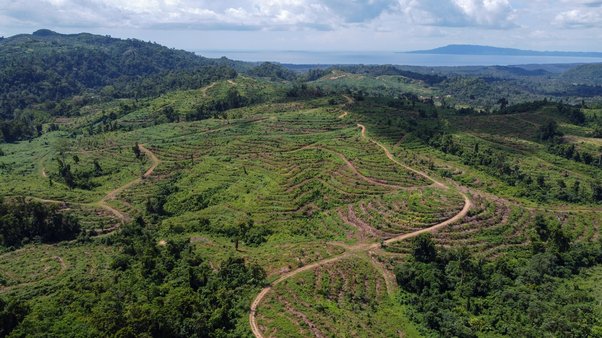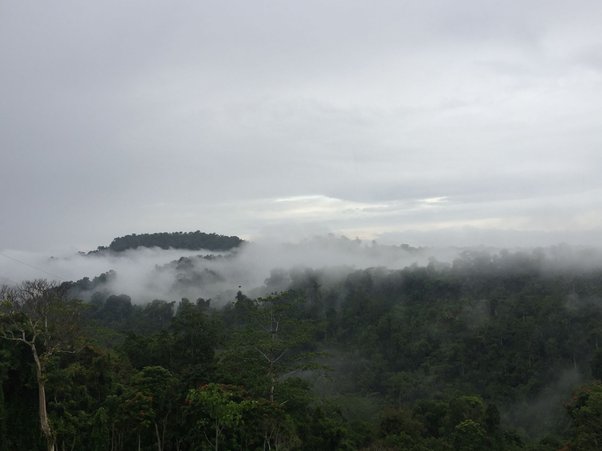Japanese companies buying tropical timber linked to illegal logging, human rights abuses, and rainforest destruction in Malaysia

Global Witness investigations reveal systematic corruption in the forestry and land sectors of Sarawak, Malaysia’s largest state on the island of Borneo, and how Japan’s massive trade in tropical timber with Sarawak is linked to illegal logging, human rights abuses and rainforest destruction.
In 2012, Global Witness documented illegal and destructive logging and human rights abuses by some of Sarawak's largest logging companies. Global Witness caught on film the corruption and illegality in the governance of land and forests in Sarawak, Malaysia.
A new report by Global Witness titled “An Industry Unchecked: Japan’s extensive business with companies involved in illegal and destructive logging in the last rainforests of Malaysia” examines the extensive timber trade between Japan and Sarawak, the widespread corruption, illegal logging, and human rights violations in Sarawak’s forestry sector, and weaknesses in Japan’s approach to preventing the import of illegal timber from Sarawak.
Japan has been the largest buyer of timber products from Sarawak, Malaysia, for more than twenty years. This trade is dominated by some of the largest trading companies in Japan.
This report presents two case studies based on Global Witness research and investigation showing how Japanese companies are purchasing timber products linked to widespread illegal and unsustainable logging by two of Sarawak’s largest logging companies.
Global Witness’ analysis concludes that Japan’s current approach to preventing the import of illegal timber, the so-called Goho-wood system, is inadequate to ensure that its timber imports from Sarawak are legal and sustainable.
An Industry Unchecked
Download Resource

